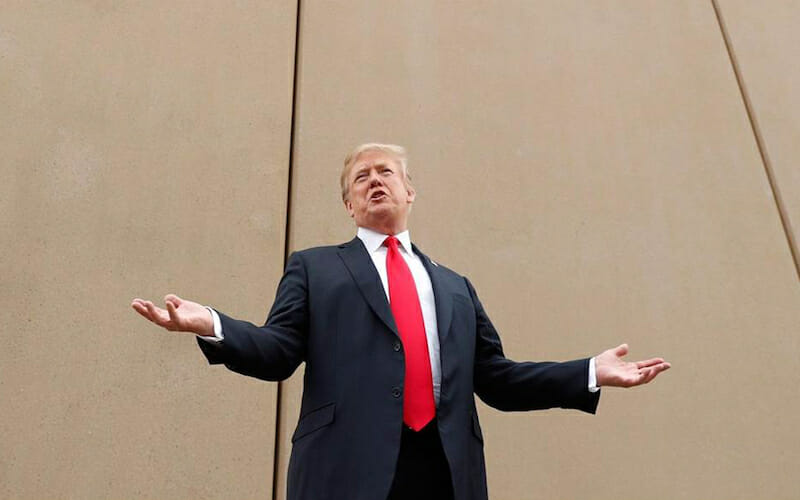
Statecraft Deals in One Currency, and One Alone: Trustworthiness.
States that prove themselves incapable of maintaining the most minimal level of trust on the world stage quickly find themselves left in the cold as their peers coalesce into groups based on proven relationships and the hard-earned prestige that comes with being an honest broker.
Since President Trump assumed office, American trustworthiness has withered under an offensive of unilateral abrogation and outright lies. The cancellation of numerous hard-fought deals—all of which were undoubtedly contributing to the security and well-being of our nation and the world at large—has rocked America’s status as a sought-after dealmaker in the international arena.
Each instance has brought promises of a “better deal” or “tough negotiations” with zero follow-through and absolutely no positive results. Especially as we embark on negotiations with North Korea, it’s worth noting the consistent failures on Trump’s part to secure American prestige and reputation on the international stage.
The first target for Trump’s quixotic one-man-war against any deal he determined “bad” or “wrong” was international trade. Though certainly rife with shortcomings, the Trans-Pacific Partnership was a landmark deal that allowed for strengthened economic ties across the Pacific. One fell swoop removed America, the leader in the years-long negotiations, from the deal, leaving the other participants to happily move forward without us. The North American Free Trade Agreement has likewise come under scrutiny, with renegotiations either astounding or insulting two of our closest trading partners. This has resulted in an increasing isolation for the United States, with China eagerly embracing being the standard-banner for internationalism.
Yesterday saw the cancellation of the Joint Comprehensive Plan of Action (JCPOA) with Iran, which is the most egregious example of the Trump administration’s callous and indifferent approach to American trustworthiness and status on the world stage. After all, withdrawing from the JCPOA not only upended work achieved with our closest allies, but also gave fodder to our enemies: The United States, just as they predicted, broke its word. The United States is proven to be untrustworthy. Combined with the unilateral recognition of Jerusalem as the capital of Israel—the most flagrant flaunting of international norms and law to date—the United States has lost its position as a trusted partner in the Middle East. How long until some other power, eager to prove its capability and trustworthiness in the most sought-after goal in statecraft, supplants the United States in securing peace in the Middle East?
These decisions will have lasting ramifications on the ability of the United States to ensure peace and secure beneficial deals abroad—a particularly debilitating fact on the eve of negotiations with North Korea over its nuclear program. After seeing how Tehran was treated despite maintaining adherence with the JCPOA, why would Pyongyang negotiate in good faith with the United States in the future? For that matter, why would any state eyeing the nuclear prize work with the United States in good faith after mercurial abrogation of deal after deal by President Trump?
Since assuming the presidency, Trump has seemingly embarked on a mission to eradicate the status that the United States holds as a trusted partner, honest negotiator, and vanguard of the modern international order. As we break trust and vacate deals, we send a clear message to our enemies and allies alike: Do not trust us, do not rely on us. And as we retreat from deals and establish ourselves as unreliable as a rogue state, it is only a matter of time until another state—possibly a rival and one whose values we do not share—fills the void that Trump has created.
